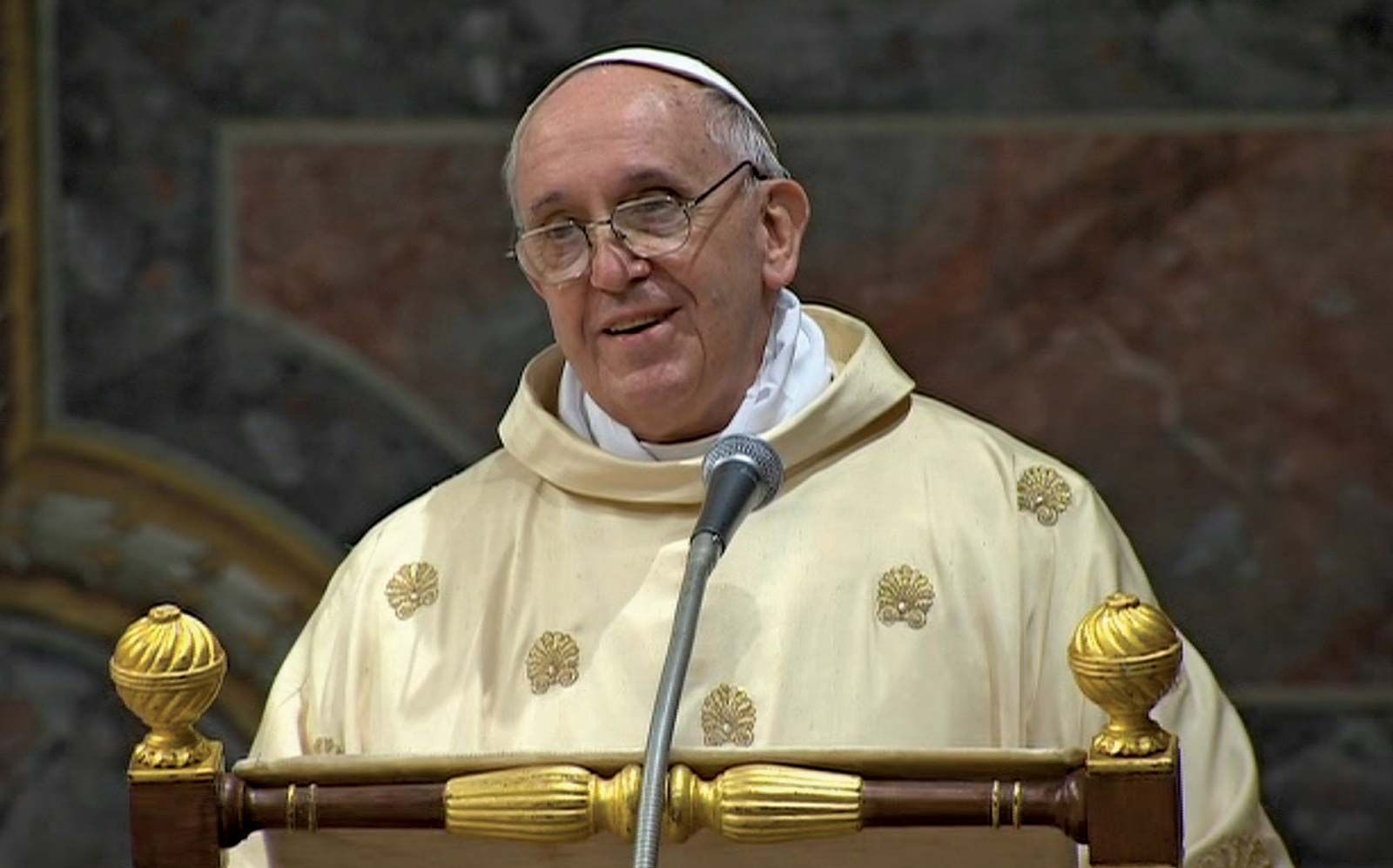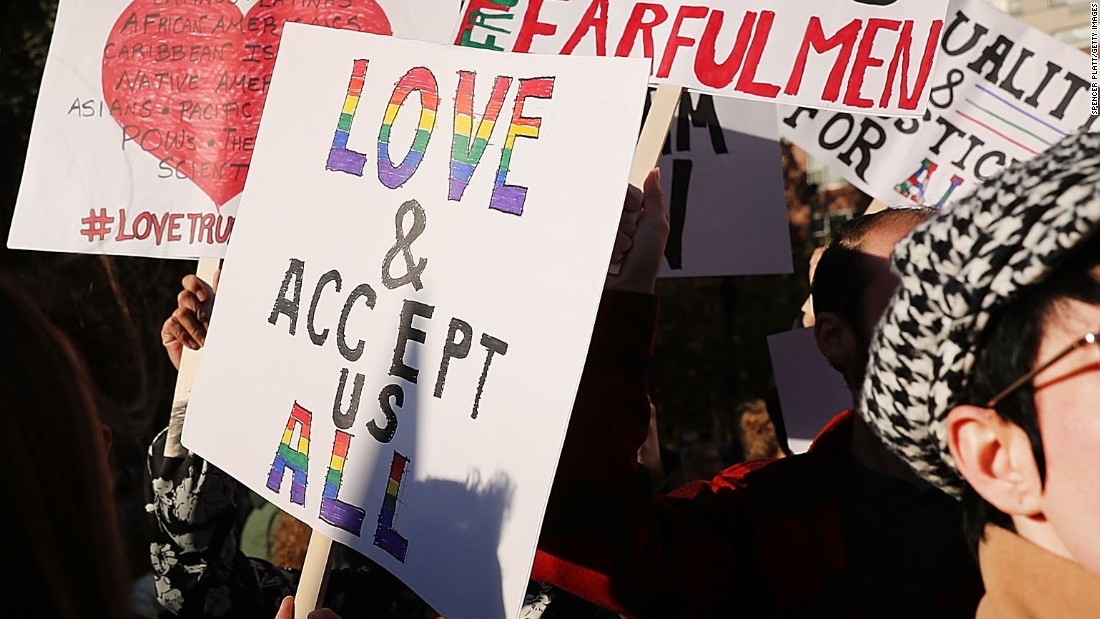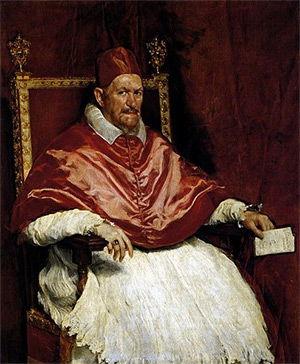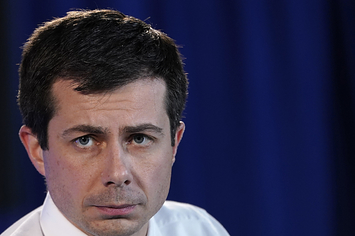Pope Francis: His Life, Legacy, And Impact On The Catholic Church

Table of Contents
The Life of Jorge Mario Bergoglio: From Buenos Aires to the Vatican
Early Life and Influences
Born in Buenos Aires, Argentina, in 1936, Jorge Mario Bergoglio's early life significantly shaped his worldview and future actions as Pope Francis. His upbringing in a middle-class Italian-Argentinian family instilled in him a strong sense of community and social responsibility. His Jesuit vocation, solidified during his youth, led him to embrace a life of service to others.
- Key moments: Witnessing the stark inequalities of his native Argentina deeply influenced his commitment to social justice.
- Social justice work: Before his elevation to the papacy, Bergoglio actively engaged in social justice work in the impoverished neighborhoods of Buenos Aires, demonstrating a commitment to the marginalized that has become a hallmark of his pontificate.
- Military dictatorship: Experiencing the brutal Argentine military dictatorship (1976-1983) further shaped his understanding of human rights and the importance of defending the vulnerable. His experiences during this period are rarely discussed publicly but have undoubtedly informed his pastoral approach.
Election and Early Papacy
The election of Cardinal Bergoglio as Pope in 2013 surprised many. His humble demeanor, evident from his choice to reside in the Domus Sanctae Marthae instead of the papal apartments, signaled a departure from the opulent traditions of previous papacies. His selection of the name "Francis," after St. Francis of Assisi, highlighted his commitment to simplicity, poverty, and environmental stewardship.
- Key early decisions: His immediate focus on social issues, particularly the plight of the poor and marginalized, set a new tone for the papacy.
- Humble approach: His rejection of traditional papal pomp and circumstance resonated with millions worldwide, projecting an image of accessibility and relatability.
- Significance of the name: The choice of "Francis" symbolized his intention to follow in the footsteps of a saint known for his radical simplicity and devotion to the poor.
Pope Francis's Legacy: Defining Moments and Key Initiatives
Social Justice and Environmentalism
Pope Francis has consistently championed social justice and environmental protection. His encyclical Laudato Si’ (2015), addressing climate change and environmental degradation, has been lauded globally for its urgent call to action. His advocacy extends to the rights of migrants, refugees, and the poor, advocating for policies that promote inclusivity and economic justice.
- Specific examples: His numerous visits to refugee camps, his outspoken criticism of economic inequality, and his consistent calls for action on climate change demonstrate his unwavering commitment.
- Initiatives: Programs aimed at assisting refugees, promoting sustainable development, and combating poverty exemplify his commitment to creating a more just and equitable world.
- Impact of Laudato Si': This encyclical has galvanized the environmental movement, influencing policies and inspiring actions across many sectors of society.
Church Reform and Modernization
Pope Francis has undertaken significant reforms within the Catholic Church, aiming to decentralize power and foster a more collaborative and participatory approach to governance. He has also addressed the critical issue of clerical sexual abuse, acknowledging the Church's failings and striving for greater accountability.
- Specific reforms: Changes to the structure of the Roman Curia, efforts to enhance transparency and accountability, and the creation of new commissions to address abuse highlight his dedication to reform.
- Challenges: Implementing reforms within the hierarchical structure of the Church has proven to be a complex and challenging undertaking, met with both support and resistance.
- Addressing abuse: Pope Francis's efforts to hold perpetrators accountable and to support victims of abuse have been significant, though criticisms about the pace and scope of these efforts persist.
Ecumenical and Interfaith Dialogue
Pope Francis has prioritized fostering dialogue and understanding with other Christian denominations and world religions. His commitment to ecumenism and interfaith relations reflects his belief in the importance of fostering unity and cooperation among people of diverse faiths.
- Significant meetings: His meetings with leaders of other faiths, including Orthodox Patriarch Bartholomew I, have demonstrated his commitment to building bridges and promoting mutual respect.
- Achievements: Increased collaboration and understanding between different religious groups are testament to his efforts in promoting peaceful co-existence.
- Promoting tolerance: His consistent message of tolerance and respect for all faiths has helped improve religious relations worldwide.
The Impact of Pope Francis on the Catholic Church and the World
Shifting Public Perception
Pope Francis's papacy has significantly shifted public perception of the Catholic Church. His emphasis on social justice, his humble demeanor, and his willingness to engage in open dialogue have garnered widespread support, even amongst those who are not Catholic.
- Positive changes: His actions have fostered a more positive image of the Church, enhancing its credibility and appeal to a broader audience.
- Media portrayals: Generally favorable media portrayals have enhanced his global reach and increased public interest in the Catholic Church.
- Public responses: His speeches and pronouncements are widely disseminated and generate substantial public discussion and debate.
Internal Challenges and Criticisms
Despite widespread popularity, Pope Francis has faced significant internal challenges and criticisms within the Catholic Church. Some conservative Catholics have resisted his progressive reforms and his emphasis on social justice issues.
- Key areas of criticism: Resistance to his reforms, concerns about theological orthodoxy, and disagreements on issues such as clerical celibacy have all generated internal opposition.
- Arguments against reforms: Critics argue that some of his initiatives undermine traditional Catholic teachings and weaken the Church's authority.
- Navigating internal divisions: Pope Francis faces a constant challenge in navigating the diverse perspectives and sometimes conflicting views within the Catholic community.
Global Influence and Lasting Impact
Pope Francis's global influence extends far beyond the Catholic Church. His advocacy for social justice, environmental protection, and interfaith dialogue has impacted global politics, social movements, and international relations.
- Long-term consequences: His papacy will undoubtedly shape the future direction of the Catholic Church, influencing its approach to social issues and its engagement with the world.
- Influence on future Popes: His emphasis on social justice and environmental concerns is likely to influence the priorities of future Popes.
- 21st-century Catholicism: His papacy is reshaping the Catholic Church's role in the 21st century, adapting its message and its approach to the challenges of a rapidly changing world.
Conclusion
Pope Francis's life, legacy, and impact on the Catholic Church are undeniably profound. His humble demeanor, his unwavering commitment to social justice, and his efforts to modernize and reform the Church have left an indelible mark on both Catholics and non-Catholics alike. His papacy has presented both opportunities and challenges for the Church, forcing it to confront its internal divisions and adapt to the demands of a globalized and rapidly changing world. Delve deeper into the life and impact of Pope Francis through further research, engaging with diverse perspectives, and contributing to thoughtful conversations about his lasting legacy on the Catholic Church and the world. Explore the enduring legacy of Pope Francis to fully grasp the transformative nature of his pontificate.

Featured Posts
-
 Us Protests Against Trump Voices From Across The Nation
Apr 22, 2025
Us Protests Against Trump Voices From Across The Nation
Apr 22, 2025 -
 Papal Conclaves Explained The Process Of Electing A New Pope
Apr 22, 2025
Papal Conclaves Explained The Process Of Electing A New Pope
Apr 22, 2025 -
 Fsu Security Incident Student Safety Fears Persist Despite Quick Police Intervention
Apr 22, 2025
Fsu Security Incident Student Safety Fears Persist Despite Quick Police Intervention
Apr 22, 2025 -
 500 Million Bread Price Fixing Settlement Canadian Hearing Set For May
Apr 22, 2025
500 Million Bread Price Fixing Settlement Canadian Hearing Set For May
Apr 22, 2025 -
 500 Million Settlement Looms Major Canadian Bread Price Fixing Case Heads To Court
Apr 22, 2025
500 Million Settlement Looms Major Canadian Bread Price Fixing Case Heads To Court
Apr 22, 2025
